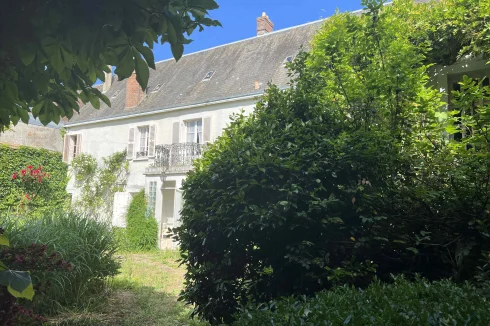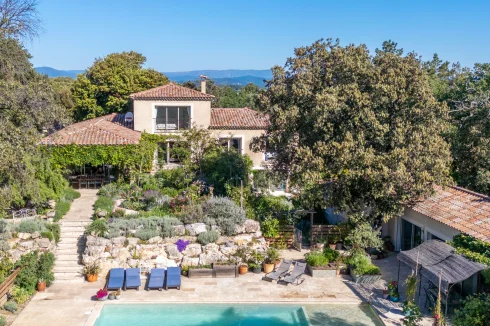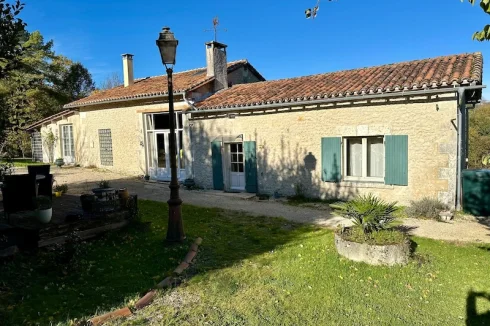Property Sale Deemed a Taxable Gift
Tuesday 05 May 2020
The sale of a life-annuity property is re-qualified as a gift, with substantial tax implications for the buyer.
The sale and purchase of real estate in France as a life annuity, called ‘vente en viager’, occurs when a property is purchased in exchange for a capital sum and a monthly annuity for life granted to the normally elderly seller, who may be allowed to remain in the dwelling until their death.
It is similar to a lifetime mortgage with which UK nationals are familiar, although in the case of a viager no mortgage is taken out by the seller.
Instead, a private investor pays a lump sum (bouquet), in addition to a monthly annuity (rente viagière) until death of the seller.
It is a popular idea in France, although not always one that can be easily realised, and there are frequently legal disputes that surround transactions that have taken place.
In a recent case in the courts, an elderly lady of 94 years sold a property to a buyer for €110,000, paid in the form of a monthly life annuity of €2,395 until the death of the seller. No bouquet was paid.
The seller died several months later.
The transaction was later investigated by the tax authority, who judged that the sale constituted a disguised gift (donation déguisée) and imposed gift tax of €65,000.
In coming to that view they took into consideration the advanced age of the seller, whose state of health was seriously impaired.
She was also widowed and without direct descendants and had designated the buyer as their sole legatee.
The buyer was living with the seller, and the property sold had been acquired by the seller only 13 days prior to the viager sale, at a price the tax authority also considered to be at less than its market value,
Neither did it seem to the tax authority that the deceased former owner had been short of funds to meet her needs.
Conversely, the buyer did not have an income that would enable her to pay the annual lifetime annuity.
As a result of enforcement action taken by the tax authority, the buyer commenced a legal action against the notaire, in which she sought compensation.
During the proceedings it was revealed that the notaire had undertaken the conveyancing formalities of the house 13 days prior to the death of the seller, so must have been aware of the risk of the sale being requalified as a gift.
Nevertheless, although the court considered there had been a breach of professional duty by the notaire, somewhat surprisingly they judged that they had no liability in the transaction.
As far as the buyer was concerned the court stated that: "the transfer of this property almost without consideration constitutes a gift to you. The establishment of a deed of sale rather than a deed of gift was of tax interest to you, as transfer duties are much higher in the case of a gift."
Although she was the legatee of the estate, and would have in any event succeeded to the property, substantial inheritance taxes would have been payable, as there was no family relationship.
As a result, the buyer remained liable for gifts tax.
It is worth noting that in other cases concerning the sale of viager properties below market value the notaire has not always been able to escape liability, when the court has considered that the notaire has failed in their duty of care to their client.
Thank you for showing an interest in our News section.
Our News section is no longer being published although our catalogue of articles remains in place.
If you found our News useful, please have a look at France Insider, our subscription based News service with in-depth analysis, or our authoritative Guides to France.
If you require advice and assistance with the purchase of French property and moving to France, then take a look at the France Insider Property Clinic.





